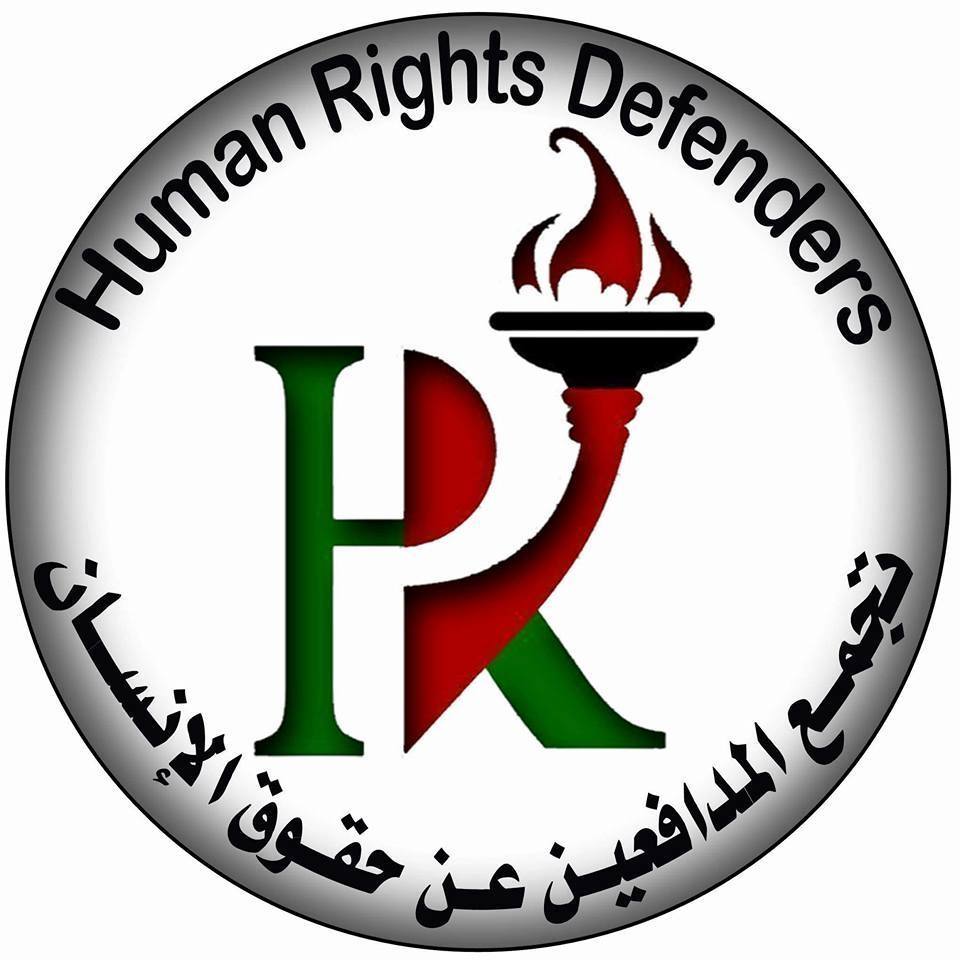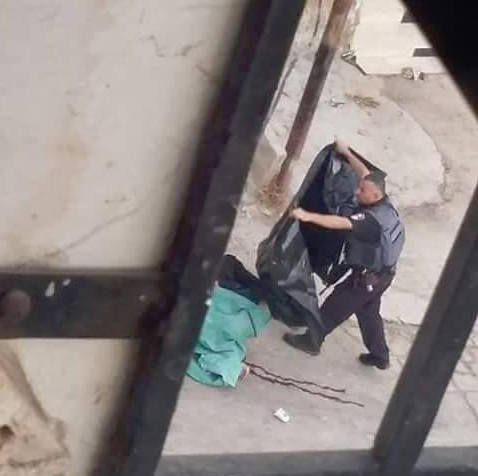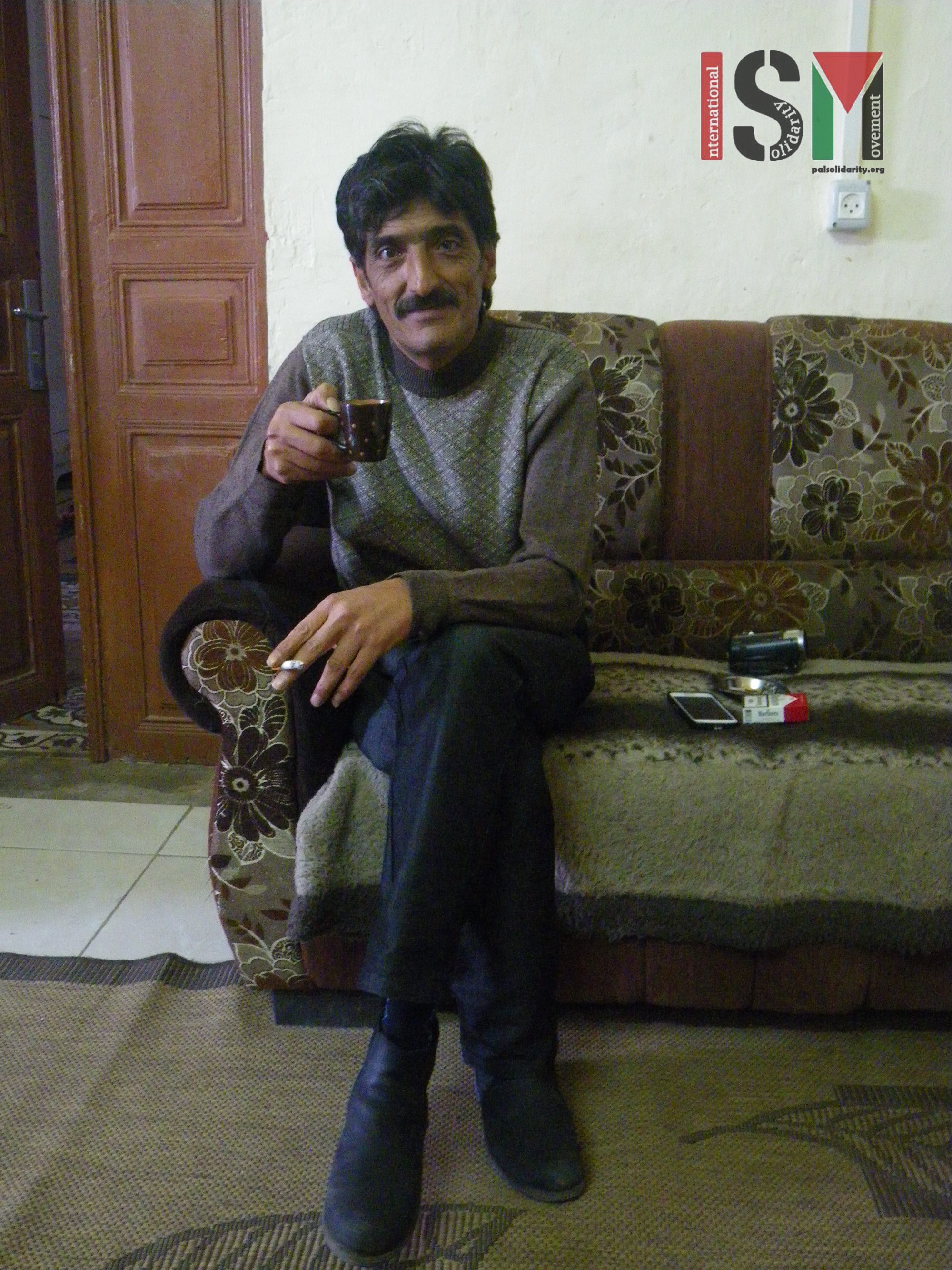Tag: Extra judicial killing
-
Human Rights Defenders Statement June 2018
9th July 2018 | Human Rights Defenders | Hebron, occupied Palestine We condemn the recent fierce attacks carried out by the Israeli occupation soldiers, who have notably begun to target all activists working with Human Rights Defenders (HRD) to document the crimes of the occupation. The Defenders’ association has documented many of the cold-blooded murders…
-
Israeli forces kill four Palestinians within 48 hours
17th September 2016 | International Solidarity Movement, al-Khalil team | Hebron, occupied Palestine Today, the 17th of september, a young Palestinian man on the age of 22 was shot dead by Israeli forces in Tel Rumeida. Hatem Abed Hafez Shalludi is now the fourth Palestinian that has been killed by Israeli soldiers within the last 48…
-
A night of protective presence needed
3rd April 2016 | International Solidarity Movement, al-Khalil team | al-Khalil, occupied Palestine The two boys met us at the store, shouting the name of our Palestinian contact and waving us along. The cobbled stones in the alley made a nice contrast to the darkness of the night. My feet landed softly on the mud…



